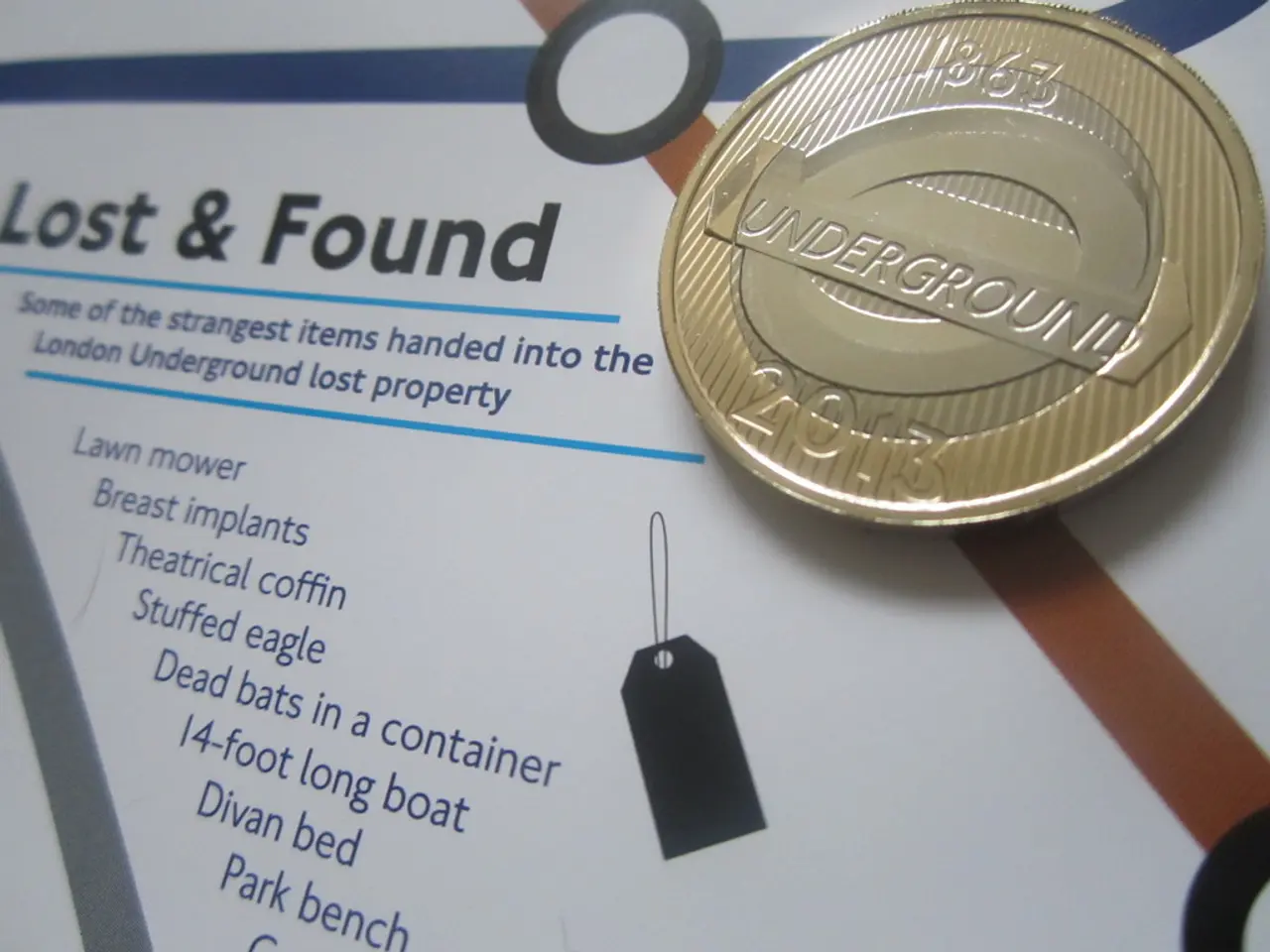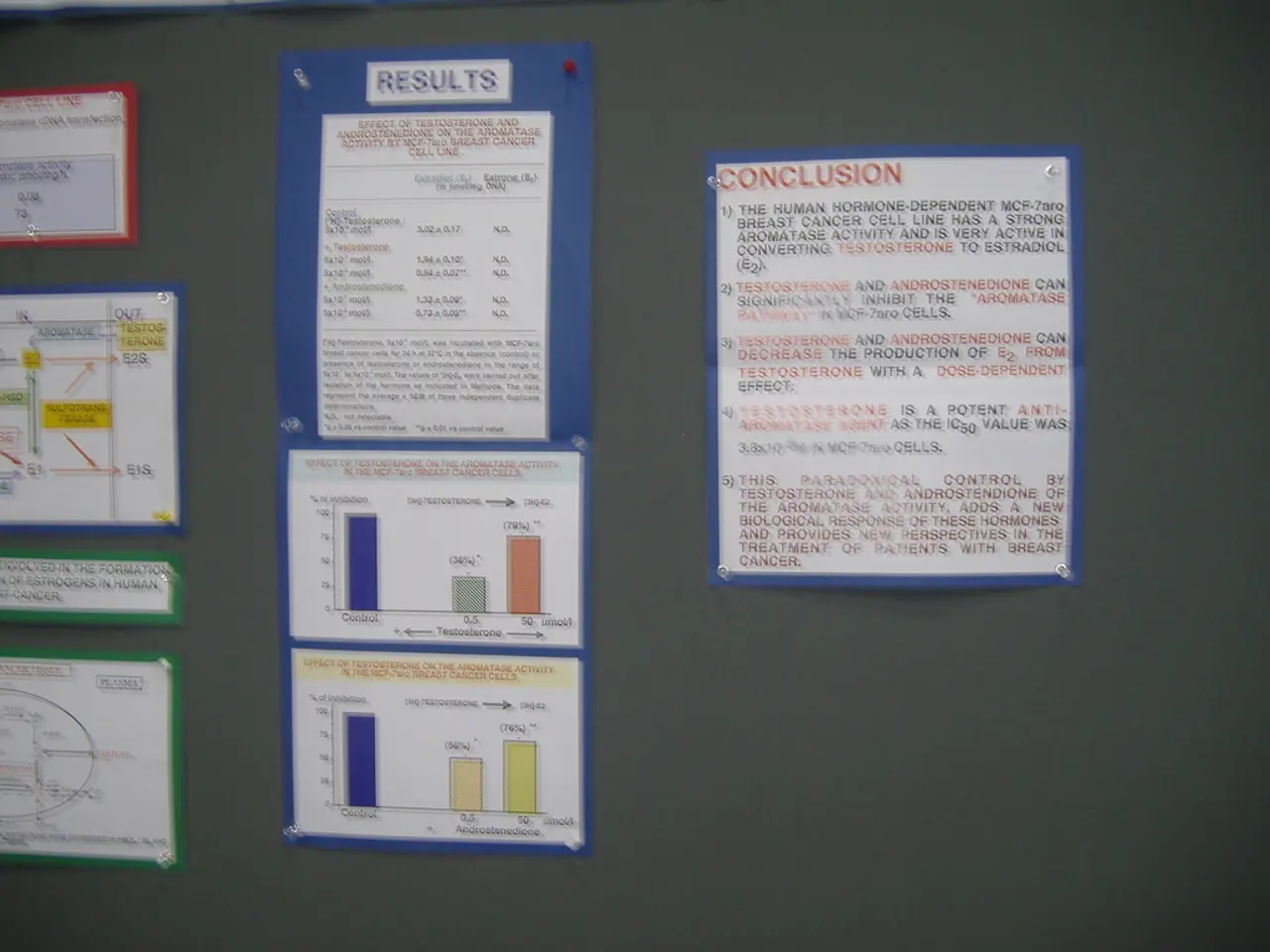Error in judgement by Cristina Kirchner and Axel Kicillof may lead Argentina to lose command over YPF
In a significant legal ruling, a Manhattan court has ordered Argentina to transfer 51% of the shares of YPF, its state-majority oil company, to satisfy a $16.1 billion judgment won by Burford Capital Limited and other minority shareholders. This decision marks the culmination of a long-standing legal dispute that began with Argentina's nationalization of YPF in 2012.
The nationalization, led by then-President Cristina Fernández de Kirchner, saw the government expropriate 51% of YPF's shares from the Spanish company Repsol. The move was part of a broader strategy to regain control over the country's energy resources, but it was executed without negotiation with Repsol, leading to significant legal challenges.
Minority shareholders Petersen Energía and Eton Capital argued that the seizure violated corporate governance principles. In June 2025, a U.S. District Court ruled against Argentina, ordering the country to pay compensation to these shareholders. The ruling also mandated Argentina to transfer its 51% stake in YPF to a BNY Mellon account to satisfy the judgment.
Burford Capital Limited, a mega-law firm, had acquired the bankruptcies of Petersen Energy Investor and Petersen Energy, two companies used by the Eskenazi family to participate in YPF, in Spain. The firm then sued Argentina, alleging a breach of commitments made to private shareholders.
The litigation vehicles used by Burford Capital Limited are uncomfortable for Cristina Kirchner, as they were used by foreign-based companies for the "Argentinization" promoted by her and Néstor Kirchner. The firm's presentation focused on the damages suffered by Petersen companies for ignoring YPF's statutes, a clause found in the company's documents presented to the SEC and its bylaws.
The order is part of a $16 billion payment from a lawsuit stemming from the nationalization of YPF in April 2012. The nationalization decision and the way it was executed triggered the legal disputes and financial repercussions now confronting Argentina.
Cristina Kirchner enacted the Expropriation Law and appointed Miguel Galuccio as the company's CEO on May 4, 2012. Galuccio insisted on an agreement with Repsol and succeeded, but the loose end of Petersen's bankruptcies remains, threatening to cost Argentina public control of its oil company.
Kirchnerism ignored this clause during the nationalization of YPF, which could have implied a massive outlay for Argentina had compliance been enforced. The court's decision rejects Argentina’s claim to sovereign immunity, setting a precedent that allows creditors to enforce judgments against the country’s assets abroad.
This case serves as a reminder of the potential consequences of controversial nationalization decisions, particularly when executed without due regard for corporate governance principles and international law. The financial burden of the YPF nationalization continues to loom over Argentina, underscoring the importance of careful consideration and negotiation in such matters.
- The financial burden of the YPF nationalization, which resulted from a controversial decision made without due regard for corporate governance principles, continues to loom over Argentina.
- The move by then-President Cristina Fernández de Kirchner to nationalize YPF, the state-majority oil company, was part of a broader strategy in the energy industry, but it was executed without negotiation with Repsol, leading to significant legal challenges.
- The litigation vehicles used by Burford Capital Limited, a mega-law firm, are uncomfortable for Cristina Kirchner, as they were used by foreign-based companies for the "Argentinization" promoted by her and Néstor Kirchner, in relation to the oil-and-gas business.
- The court's decision rejects Argentina’s claim to sovereign immunity in the finance sector, setting a precedent that allows creditors to enforce judgments against the country’s assets abroad, affecting the country's business, politics, and general news.







